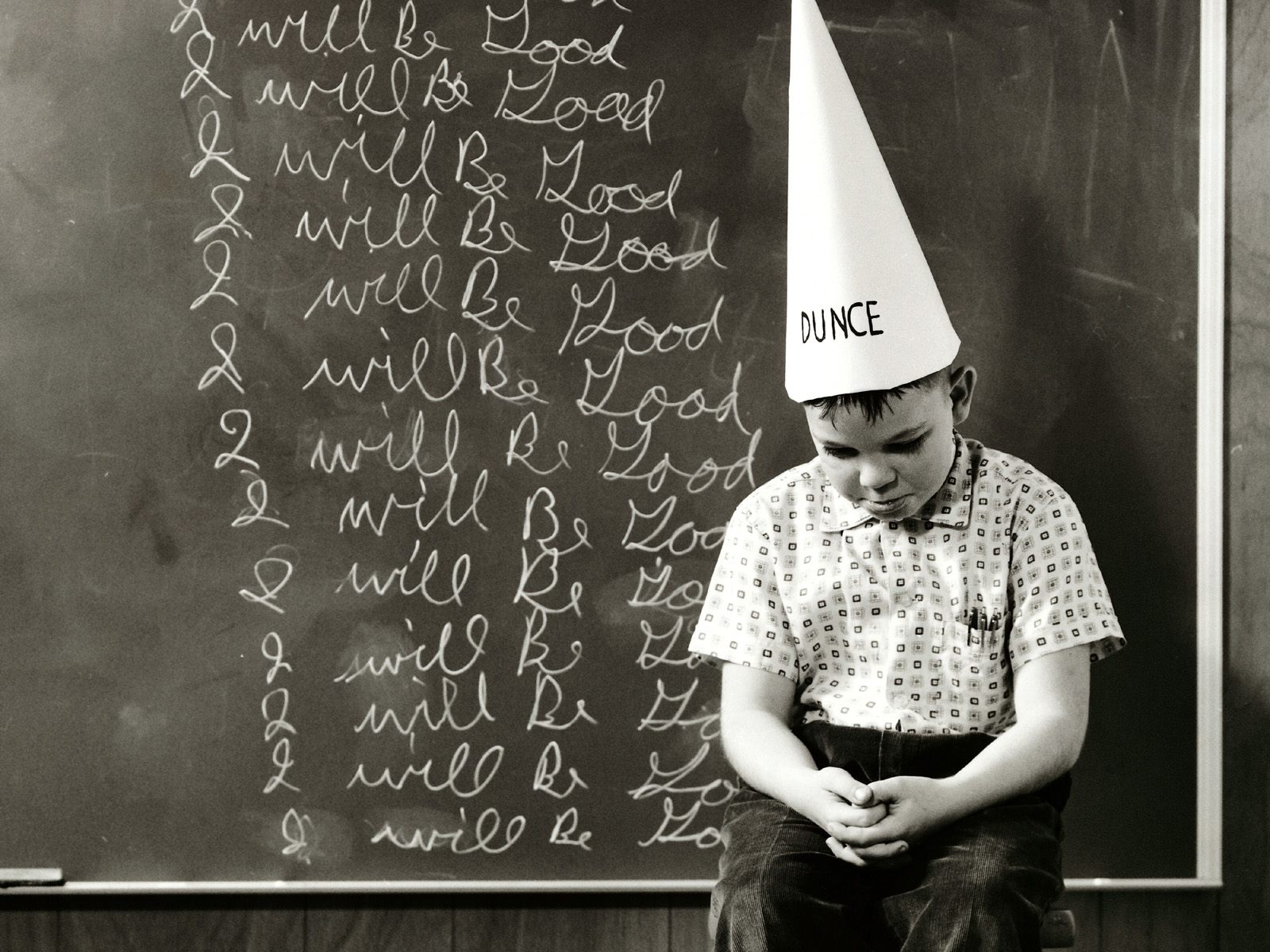Latvia 2020 population was estimated at 1,886,198 people at mid year according to UN data.
At the beginning of 2022 population of Latvia accounted for 1 million 876 thousand people, which is 17.5 thousand people fewer than a year ago.
The current population of Latvia is 1,826,608 as of May 17, 2023, based on Worldometer elaboration of the latest United Nations data.
For many years Latvia has suffered from a so-called "brain drain", a phenomena when young highly trained and qualified people emigrate from the country. Since Latvia became a member of European Union and Schengen Area and when working in other countries became especially easy, the human capital flight from the country has intensified and reached high figures, when Latvia lost many residents due to emigration.
The number of young people continues to has decline sharply. At the beginning of 2022, there were 234,500 boys and girls aged 13 to 25 living in the country. This is 12.5% of all residents. Behind the reduction of this group is not only a decrease in the birth rate, falling living standards but also emigration. The young and talented people prefer not to stay here.
One new reason for youth to leave the country has appeared this year. Latvia reintroduces compulsory military service. The decision was made by the country's parliament on April 5. Latvia has not had compulsory military service since 2007 when it was abolished.
From 2024 onward, the number of conscripts will increase. The plan is to call up 7,500 Latvians every year, starting in 2028. This will increase the size of the army from over 22,000 soldiers to 50,000, including territorial defense and reserves.
The Baltic nation feels threatened due to the war in Ukraine. But, new public surveys show that many young men are not convinced that compulsory military service is the right reaction. Only a small share of people back compulsory military service.
Young men are known for their rebellious ways. So, it's hardly surprising that the Latvian government's recent decision to reintroduce compulsory military service has not gone down particularly well with them.
Far fewer people wanted to become professional soldiers. There have not been any national opinion polls conducted on the topic recently. But a study in May 2022 found that more than 40% of Latvians opposed it. According to Maris Andzans, a professor at Riga Stradins University, who wrote in a February briefing for the Washington-based Center for European Policy Analysis, support was lower among younger respondents, with only 34% in the 18-24 age group supportive of the idea.
In Latvia, there is also another segment of the population that doesn't like the idea of military service. Some members of the country's Russian-speaking minority are skeptical about what they perceive as the country's pro-Western course. Russian-speakers make up about a quarter of Latvia's 1.9 million-strong population. Joining the Latvian army to "fight against your own people" is not something they wanted to do. So many are planning to leave. So, a phenomena of "men drain" when young highly trained and qualified people emigrate from the country because of unwillingness to serve.





